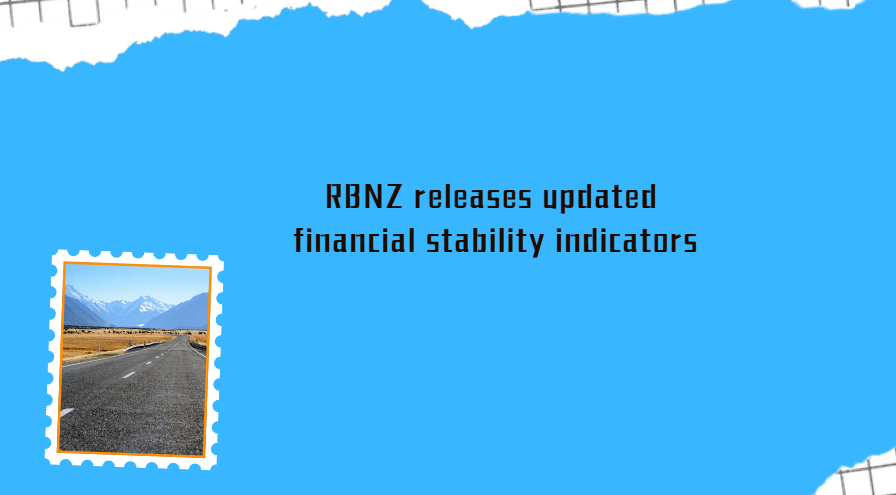ESAS Access Review is open for second consultation
The consultation seeks to evaluate feedback on whether the policy is clear and easy to follow for new applicants who want to bank directly with ESAS, and what clarity and guidance would be useful to help navigate the application process.
Payment Services Director Steve Gordon says the system for settling payments underpins New Zealand’s financial stability.
“A safe and efficient payments system is a critical foundation for the financial system. It allows New Zealanders to spend, save, and conduct business with confidence in our economy.”
We are currently undergoing an access review of ESAS, considering potential eligibility changes. The review reflects a growing interest from non-bank deposit takers (NBDTs), payment service providers, and other entities to participate. NBDTs include finance companies that raise funds from the public, as well as most building societies and credit unions.
ESAS is used by banks and other financial institutions to settle financial transactions, processing $36.5 billion worth of transactions daily. It currently serves 12 major banks, five large institutions, settling transactions immediately and irreversibly.
However, Mr Gordon notes that while we are exploring the possibility of broadening access, it's essential that it is done so safely and responsibly.
“Broader access could enable and encourage welcome innovation in the financial system but may also pose risks. The proposed risk assessment framework seeks to provide a fair and transparent way to assess an ESAS applicant’s risk profile and considers relevant international standards,” says Mr Gordon.
The consultation period is open for 6 weeks and will close on 18 November 2024. Feedback is sought on how the application process can be made clearer and more accessible.
This latest consultation builds on previous work, including feedback from last year’s review of the ESAS access risk framework. One key focus is the potential for NBDTs to have ESAS membership, allowing them to earn interest at the Official Cash Rate (OCR) for liquidity purposes.
“ESAS helps ensure stability in the financial system and provides a direct way for our monetary policy decisions to influence the economy as we pay interest on ESAS balances at the Official Cash Rate,” adds Mr Gordon.
Once the consultation period concludes, the RBNZ will consider the feedback and finalise the revised access policy.
You can find out more about the consultation on the CitizenSpace website.
























































First, please LoginComment After ~